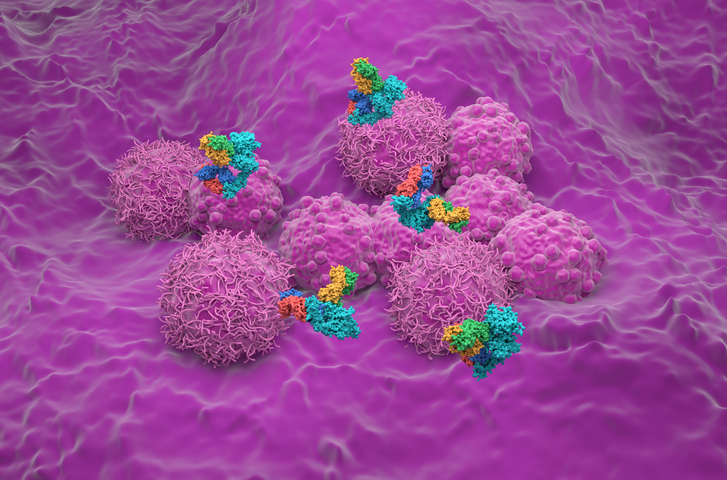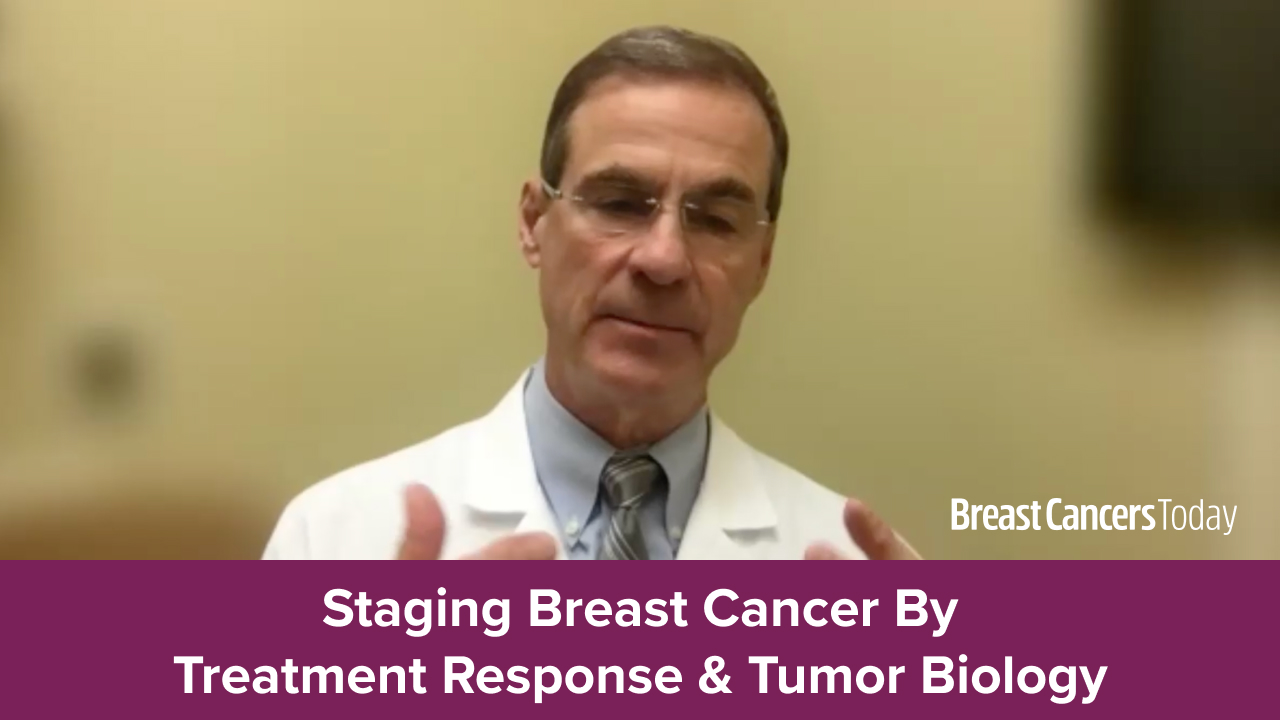
A recent study published in JAMA Oncology found that unselected, high-risk multigene testing for patients with breast to be extremely cost-effective compared with testing based on family history or clinical criteria.
In this microsimulation modeling study, researchers collected data on 11,836 patient population breast cancer cohorts who were recruited to four large research studies. Data collection took place between January 2018 and June 8, 2019. They compared the lifetime cost effectiveness of high-risk BRCA1/BRCA2/PALB2 multigene testing of all unselected patients with breast cancer (strategy A) with BRCA1/BRCA2 testing based on family history or clinical criteria in both the UK and US (strategy B), respectively.
Strategy A consisted of women with breast cancer who underwent BRCA1/BRCA2/PALB2 testing, while in strategy B, only women with breast cancer who met family or clinical criteria were administered BRCA testing. The study stipulated that all affected BRCA/PALB2 carriers could undergo contralateral preventive mastectomy, and BRCA carriers could choose risk-reducing salpingo-oophorectomy (RRSO). Moreover, unaffected relative carriers could undergo magnetic resonance imaging (MRI) or mammography screening, chemoprevention, or risk-reducing mastectomy for BC risk and RRSO for ovarian cancer (OC) risk. The key endpoint of this study was specified as the incremental cost effectiveness ratio (ICER), when was measure as incremental cost per quality-adjusted life-year (QALY) gained and compared with standard £30 000/QALY and $100 000/QALY in UK and US monetary amounts, respectively.
According to the results of the study, from a payer perspective, BRCA1/BRCA2/PALB2 multigene testing for all patients detected with breast cancer would cost $65,661/QALY (payer perspective) or $61,618/QALY (societal perspective) in the United States compared with current BRCA testing based on clinical criteria or family, which is well below current US cost-effectiveness thresholds. This is well below UK and US cost-effectiveness thresholds. Moreover, in probabilistic sensitivity analysis, unselected multigene testing remained cost-effective for 64% to 68% of US health system simulations.
https://twitter.com/MuinJKhoury/status/1179776259578060801
“This study’s findings suggest that unselected multigene testing for BC susceptibility genes BRCA1/BRCA2/PALB2 can substantially reduce future BC and OC cases and related deaths compared with the current clinical strategy,” the study authors wrote in conclusion.
“Our analysis suggests that an unselected testing strategy is extremely cost-effective for UK and US health systems and provides a basis for change in current guidelines and policy to implement this strategy.”
Cost-effectiveness of #Multigene #Testing for All Patients With #Breast #Cancer Study find unselected, high-risk multigene testing for all patients with BC to be extremely cost-effective compared with testing based on Family History or clinical criteria https://t.co/B0Bukjt5kX
— EMAS (@emas_online) October 3, 2019
Cost-effectiveness of Multigene Testing for All Patients With #BreastCancer: https://t.co/Xy5jsKyWTX
— Ray DuBois, MD, PhD (@Rndubois) October 3, 2019







 © 2025 Mashup Media, LLC, a Formedics Property. All Rights Reserved.
© 2025 Mashup Media, LLC, a Formedics Property. All Rights Reserved.